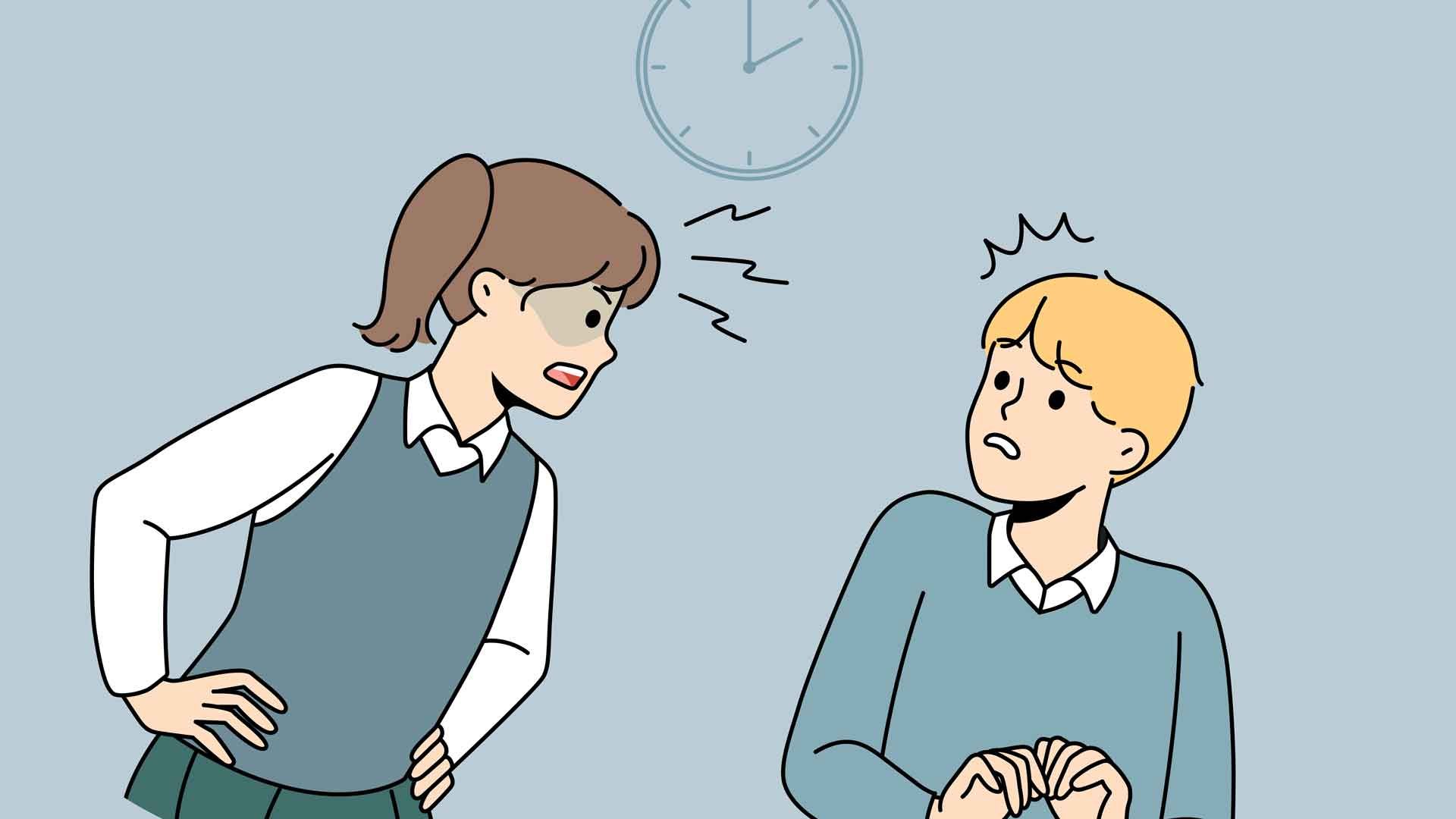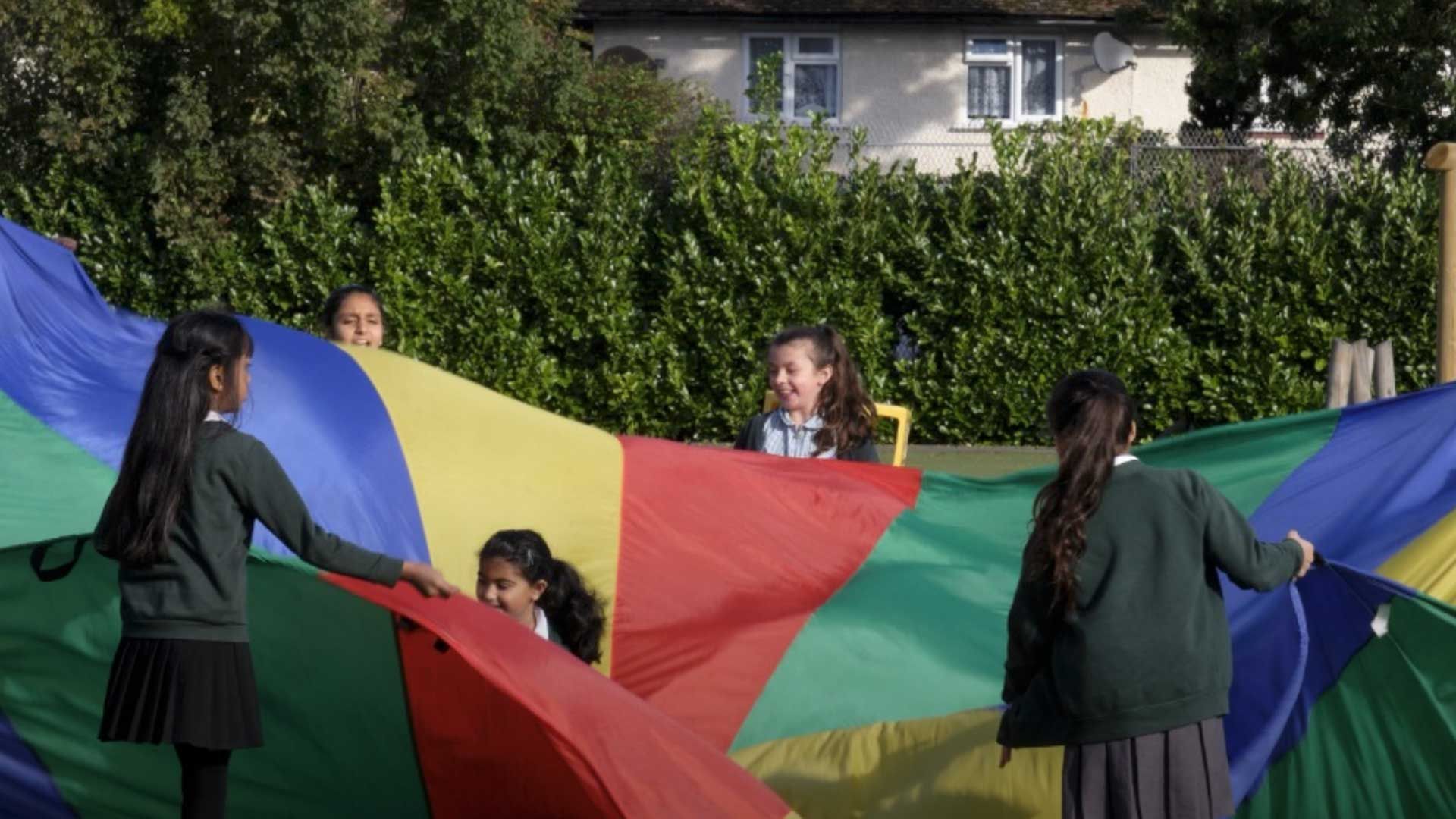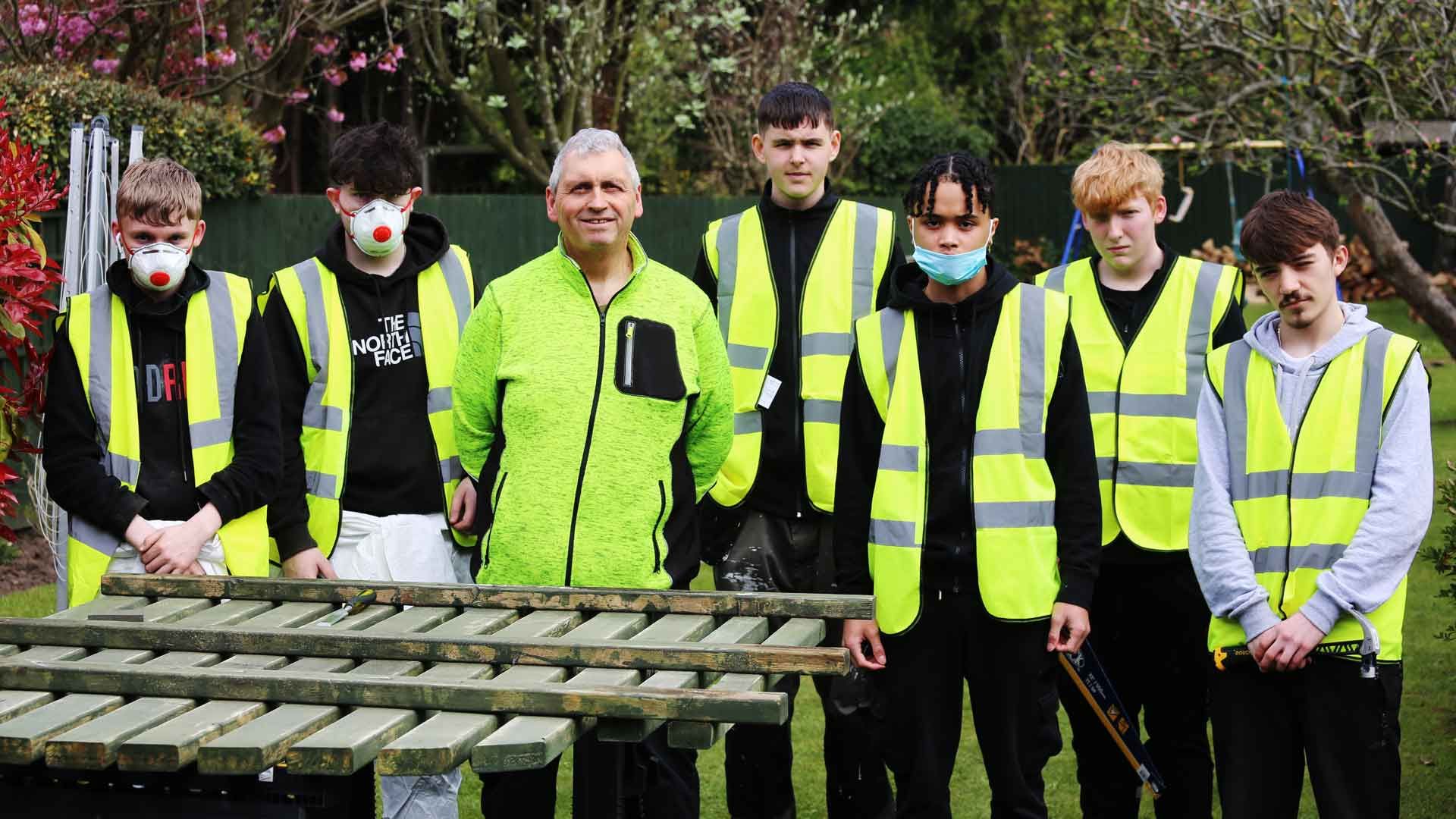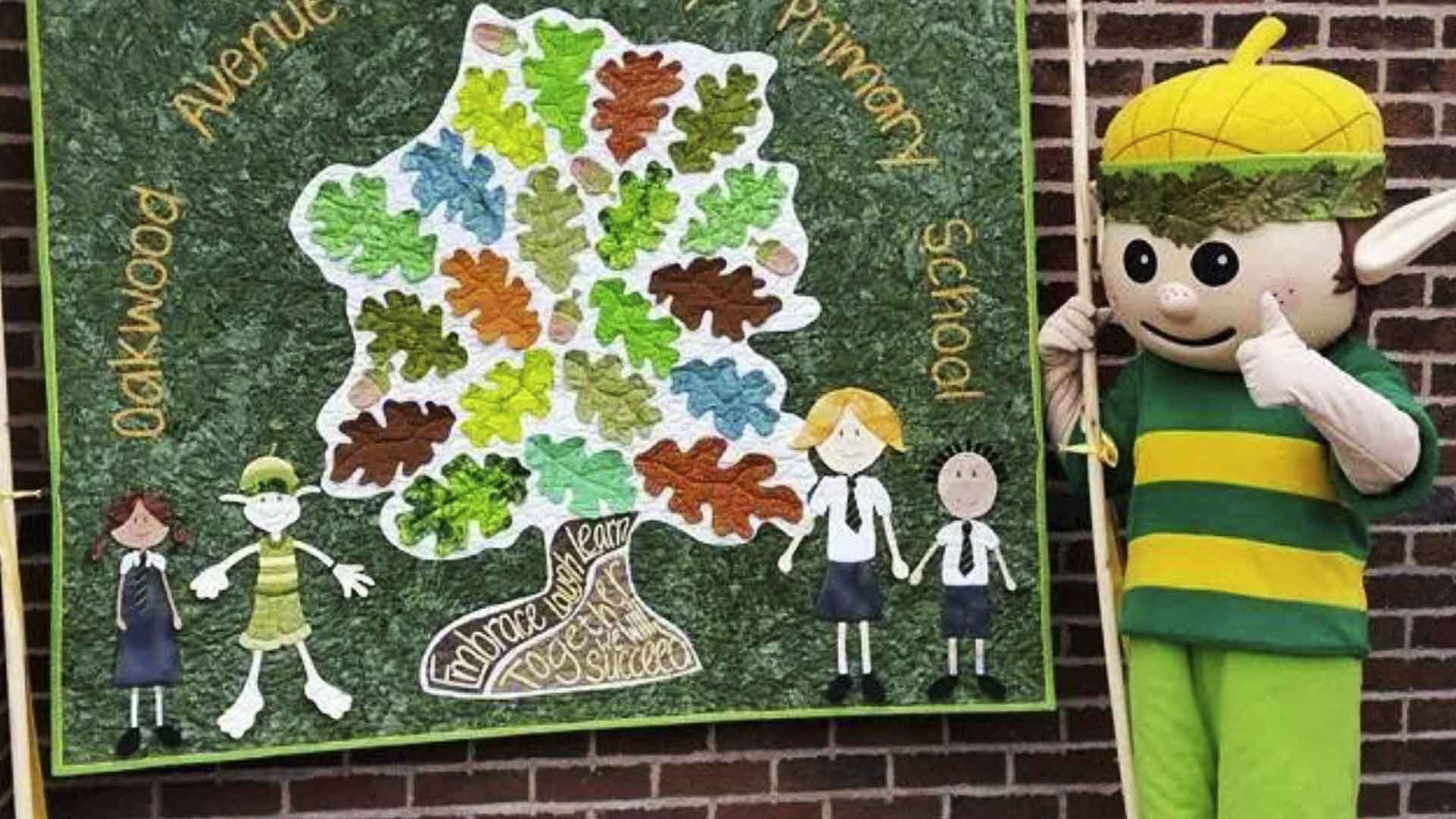I don’t like my class - what should I do?

You’re halfway through the academic year, and it’s a time when you’ve usually developed a great relationship with your class. You know them, they know you. You like them. They like you. Of course, there are tough times and tricky characters, but on the whole, you gel well together.
But this year, something’s different. Something’s off. Perhaps you don’t want to admit it out loud, but you just don’t like them. It seems awful to say it, even think it, but it’s true. You’ve tried all the possible strategies, but the connection isn’t there. And the worst bit? You’ve still got months until they bugger off to someone else.
It’s tough. And I know because I’ve been there.
When I was an ECT (or an NQT as it was called back in 2004), my first class were incredible. Genuinely. Throughout the next twelve years of my teaching career, no other class came close to matching them. Well-behaved, hard-working, fun. I was lucky enough to teach them twice - once in Y1 and again in Y6. Even now, when they’re all in their twenties, and some have kids of their own, I still remember them with a heart full of love.
My second class, however. Not so much.
A slap in the face with a plimsoll
You shouldn’t compare classes - just like you shouldn’t compare your own children - but it’s hard. I’d sent my brilliant bunch of Year 1s off to Year 2 and was ready and excited for my next class to come through the door in September.
Holy hell. It was like I’d been slapped round the face with a plimsoll from lost property. Well-behaved? Not a chance. Listening skills? What were they? Kindness. P*ss off!
I remember thinking it must be me. Maybe I wasn’t doing something right? Maybe my boundaries weren’t firm enough or clear enough. Had I, unbeknown to me, started speaking in tongues?
Every day was a chore. I no longer looked forward to a day of teaching. Instead, I would open the door in the morning with a heavy heart, slap a smile on my face to rival the Cheshire cat, and act my socks off. I’m surprised the Academy didn’t get in touch. But the problem is that acting will only get you so far. It’s exhausting, and you feel a little detached from yourself - just ask Austin Butler, who’s had to have coaching to STOP sounding like Elvis.
So, if you’re in this position, what on earth can you do to try and get through the next few months? Here are some ideas to help you.
Reflect on why you don't like the class - really
Now, you may think you already know the answer to this. But take the time to examine if it's truly the entire class or just some difficult kids. Self-reflection can be complex and uncomfortable, but consider whether it's something about the class dynamics or your own biases. And if it is? That’s okay because awareness is the first step to change.
Get to know your students as individuals
Finding opportunities to build in one-on-one time with children can be tricky, but it goes a long way to building rapport and understanding. A solid relationship with children is the starting point for any and all behaviour change - and as much as it might be hard, focus on the positives for children who challenge you. Even the smallest things count. Build connections one child at a time.
A really simple way is to ask them what they’re doing over the weekend and then follow up with them on Monday. Or if you know they’re into a particular hobby, ask about it regularly. Or if you notice they’ve had a new haircut, compliment them on it. I know these sound almost ridiculously simple, but when you show interest in children on a personal, micro level, you’ll be surprised at how quickly you build better relationships.
Evaluate your teaching approach
We can get a little stuck in our ways or married to a particular teaching style, but is it time to evaluate whether your style works for this group of children and the dynamics they bring? When I first moved up to Year 6, I realised that bringing a little more humour into my teaching style did wonders. What adjustments could you make? What were you doing when you felt even the slightest connection to the class? How could you do more of that?
Set clear expectations and consistent routines
Consistent rules and procedures provide stability and predictability for children. You know that I’m sure, but it’s worth looking at your boundaries again. Keep routines consistent - and not just for the children who are neurodiverse. If you keep changing things, it gets confusing for everyone. Let the children know what happens when they overstep those boundaries - if there’s one thing children struggle with, it’s unpredictability.
Build in time for fun
We build bonds with people when doing something enjoyable and having fun - we also learn better. How could you timetable something in just for the sheer fun of it? Or how could you bring a little joy to a usually mundane activity? For my Year 6 classes, I developed a game called ‘Musical Spellings’ - I’d put on songs I knew they loved, and they’d have to walk/dance around the classroom. When the music stopped, they had to pair up with someone standing next to them and say one of the spellings from their sheet to the other person. I used to join in with the TA, and we’d dance around the room, too.
Talk about it
Don’t be embarrassed to tell someone you’re struggling to bond with the children or don’t particularly like your class. You’ll find other people have felt the same way as you. Teaching difficult classes can be exhausting and frustrating - so sharing that with others will stop stress from mounting up and overwhelming you. You can also find great strategies from other people, too. If particular children in your class are making things difficult, speak to your SENCO or someone from MLT or SLT.
I’d love to say that I started to love my second class, but I didn’t. However, I was fortunate enough to teach them again in Year 6 - and by that point, I had more experience and self-awareness. I had more strategies under my belt, too. And I’m happy to say that my second experience was far better than the first. Did I love them as much as my first class? Nope. But did I bond with them and enjoy teaching them?
You betcha.
If you or your school team would like further support with building better connections or building more fun and laughter into learning, check out our Laughter Matters workshop or our Happiness Equation session. Alternatively, you can contact our Doug, who can create something bespoke -
Steph Caswell started life as a primary school teacher, reaching the dizzy heights of deputy headship before turning her hand to writing. She’s the author of six books, and when not writing witty, opinionated content for Laughology and Happy-Centred Schools, she supports other aspiring authors to write theirs.













